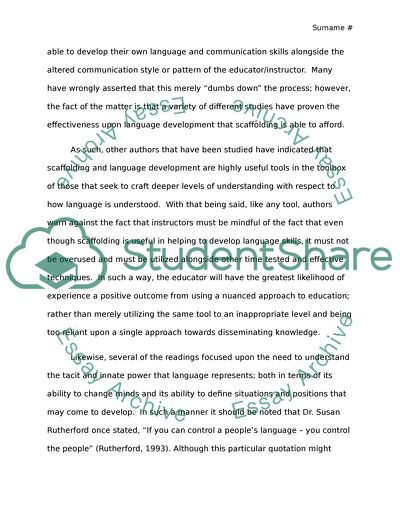Cite this document
(“Language and Power -Task Essay Example | Topics and Well Written Essays - 1500 words”, n.d.)
Retrieved from https://studentshare.org/humanitarian/1656125-language-and-power-task
Retrieved from https://studentshare.org/humanitarian/1656125-language-and-power-task
(Language and Power -Task Essay Example | Topics and Well Written Essays - 1500 Words)
https://studentshare.org/humanitarian/1656125-language-and-power-task.
https://studentshare.org/humanitarian/1656125-language-and-power-task.
“Language and Power -Task Essay Example | Topics and Well Written Essays - 1500 Words”, n.d. https://studentshare.org/humanitarian/1656125-language-and-power-task.


